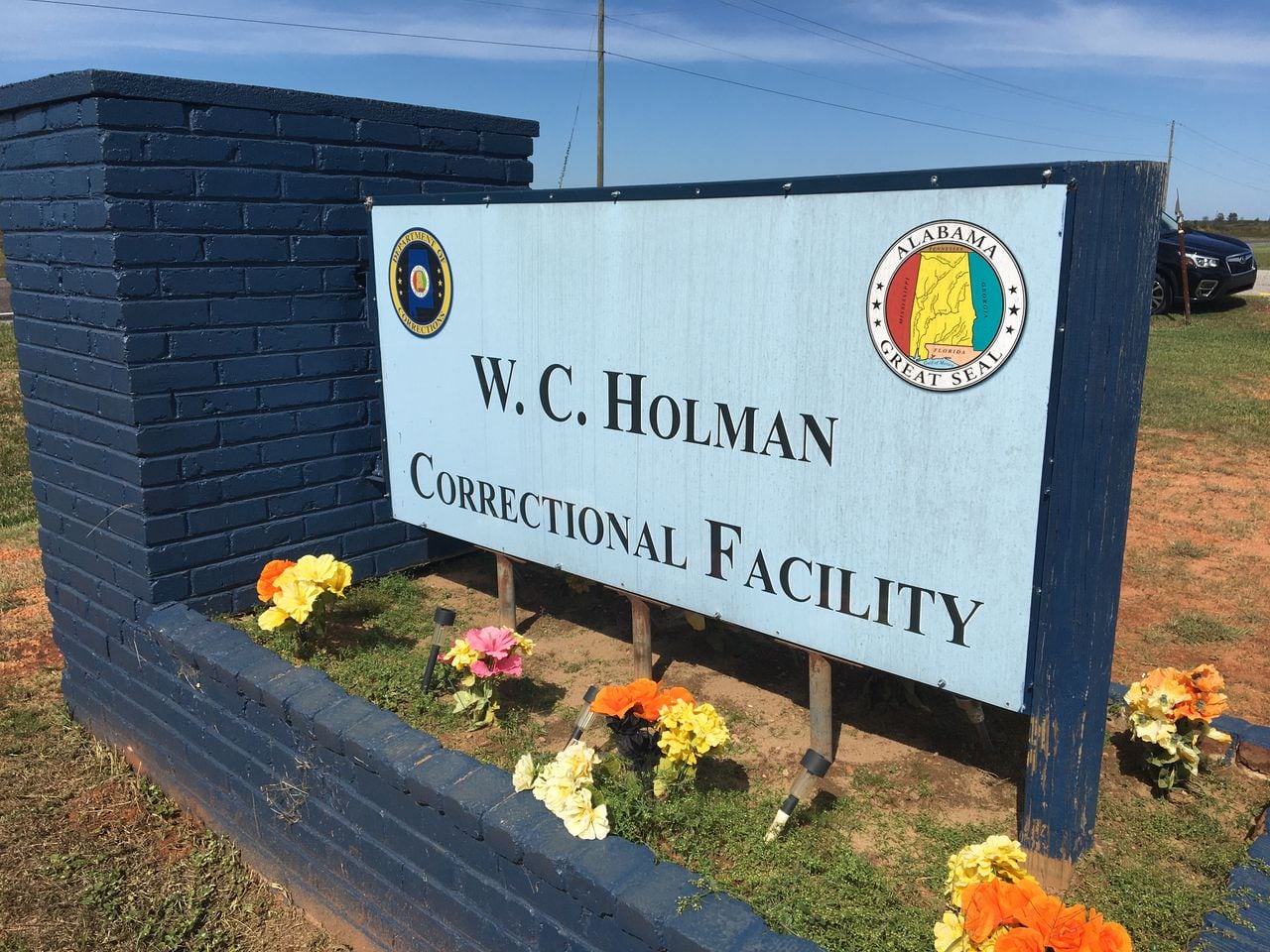Alabamaâs plan for nationâs first nitrogen gas execution poses big risk
Alabama is slated to become the first in the nation to use an untested method of capital punishment in the execution of Kenneth Eugene Smith. Smith has been on death row for nearly 34 years, having been convicted of murder.
Urgent pleas to the state not to move forward with its plan to use nitrogen hypoxia — breathing high concentrations of nitrogen, fatally starving a person of oxygen — warn of the danger for everyone involved.
“The Department of Corrections’ plans to use nitrogen at an execution scheduled for January 25 is a lethal threat to the staff at Holman [Correctional Facility] and the public and must be stopped,” Interim Legal Director of the ACLU of Alabama Alison Mollman testified before the Alabama State Legislature’s Joint Prison Oversight Committee Wednesday.
Nitrogen hypoxia was responsible for the deaths of six poultry workers in Gainesville, Georgia and the hospitalization of 13 others, Mollman noted in her testimony. The workers asphyxiated when a leaky fridge expelled colorless, odorless nitrogen gas into the air. Mollman begged the state to protect Holman staff from the same fate.
“The tragedy in Georgia is no outlier,” Mollman said. “The U.S. Chemical Safety Board has cited an average of eight deaths and five injuries every year from nitrogen exposure. And what all of these workplaces had by way of oversight from OSHA and other regulatory agencies, the Alabama Department of Corrections has none. In fact, there is no regulatory agency overseeing Alabama’s storage and use of nitrogen at Holman.”
Lawyer’s for Smith’s spiritual advisor filed a lawsuit Wednesday to fight the state’s plan.
The Rev. Dr. Jeff Hood plans to join Smith in the death chamber next month, as he has with dozens of other death row inmates. Hood said the Alabama Department of Corrections asked him to sign a form acknowledging the risks and agreeing to stay three feet away from Smith’s gas mask. In the lawsuit, Hood’s lawyers called the restriction “hostile to religion.”
The suit argues that Alabama’s restrictions on how close Hood can get to Smith will “deny a prisoner his chosen spiritual advisor’s touch at the most critical juncture of his life: his death.”
A March Supreme Court ruling gave prisoners facing execution the right to have a spiritual adviser in the death chamber who can pray aloud and touch them. Alabama granted inmates this right in 2021.
“They’re asking for my trust,” Hood told reporters at The Independent. “The problem is they have a history of being untrustworthy.”
Alabama has botched four of the nation’s nine known botched executions in the last five years, including Smiths. In 2022, prison personnel prodded Smith for over an hour trying to place the IV line to deliver lethal injection drugs despite a clear order to stop from an appellate court. Smith challenged the state’s execution protocol in a Second Amendment complaint.
